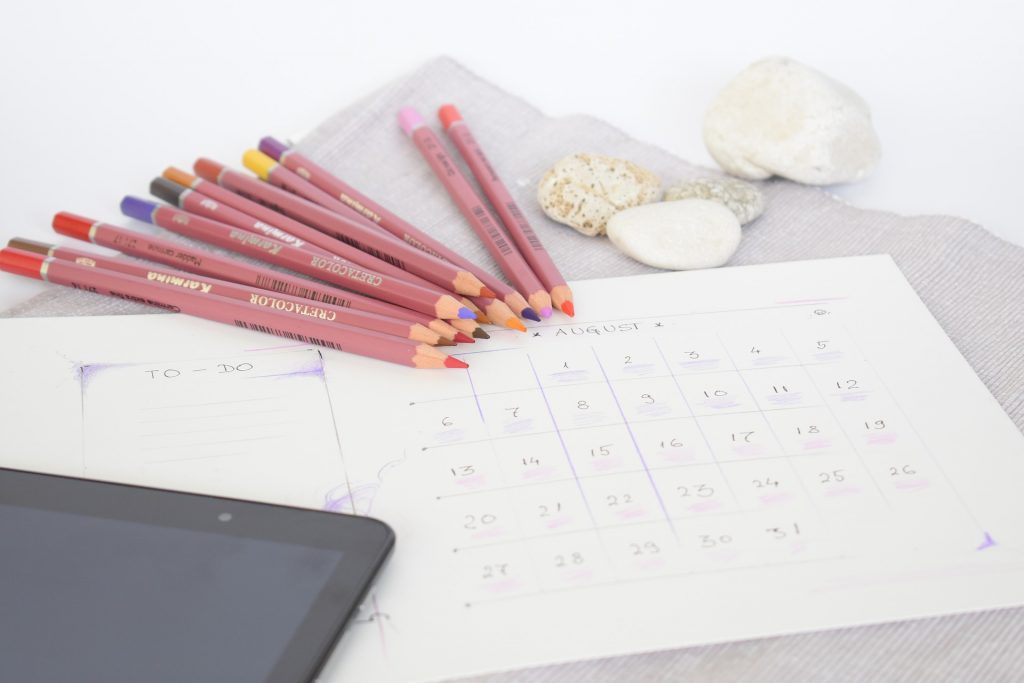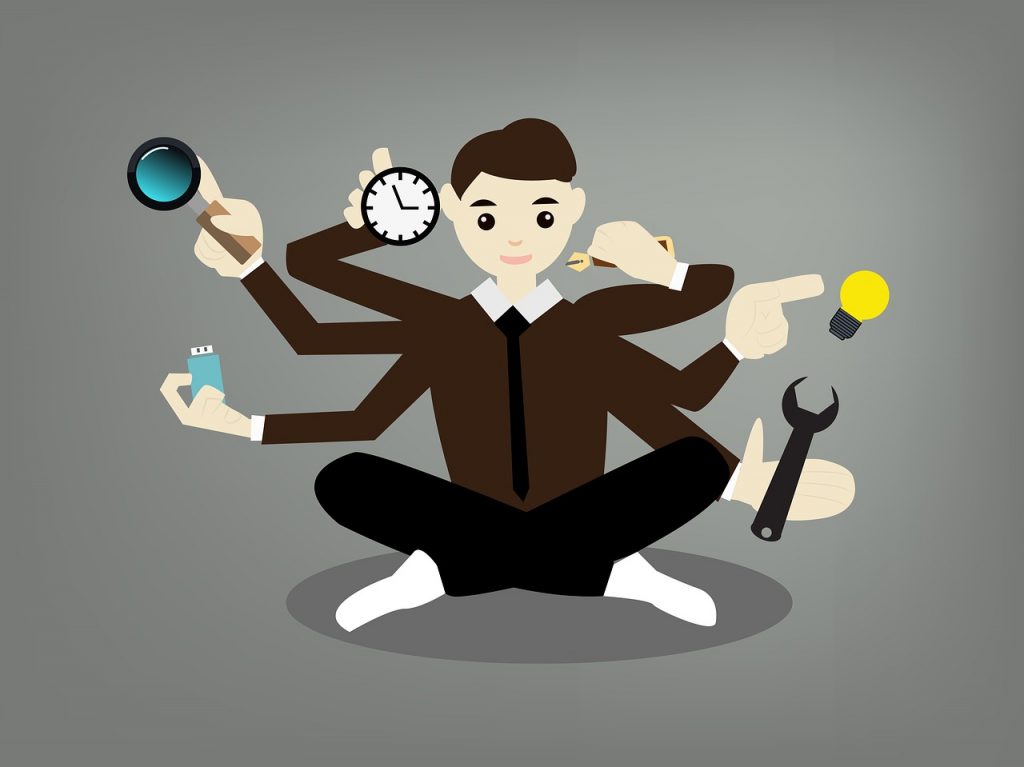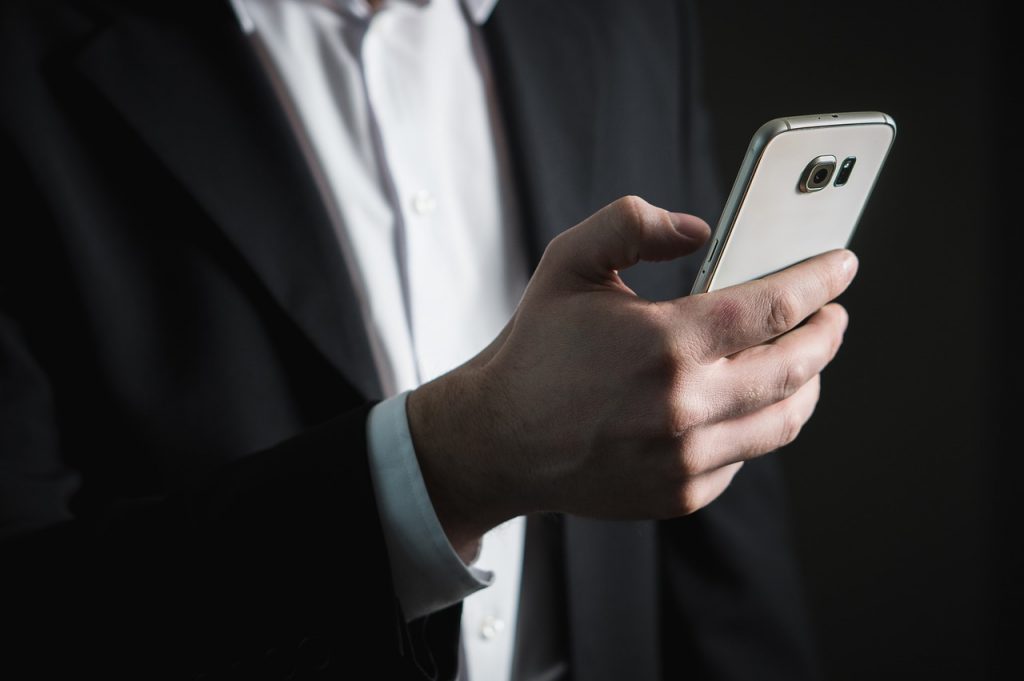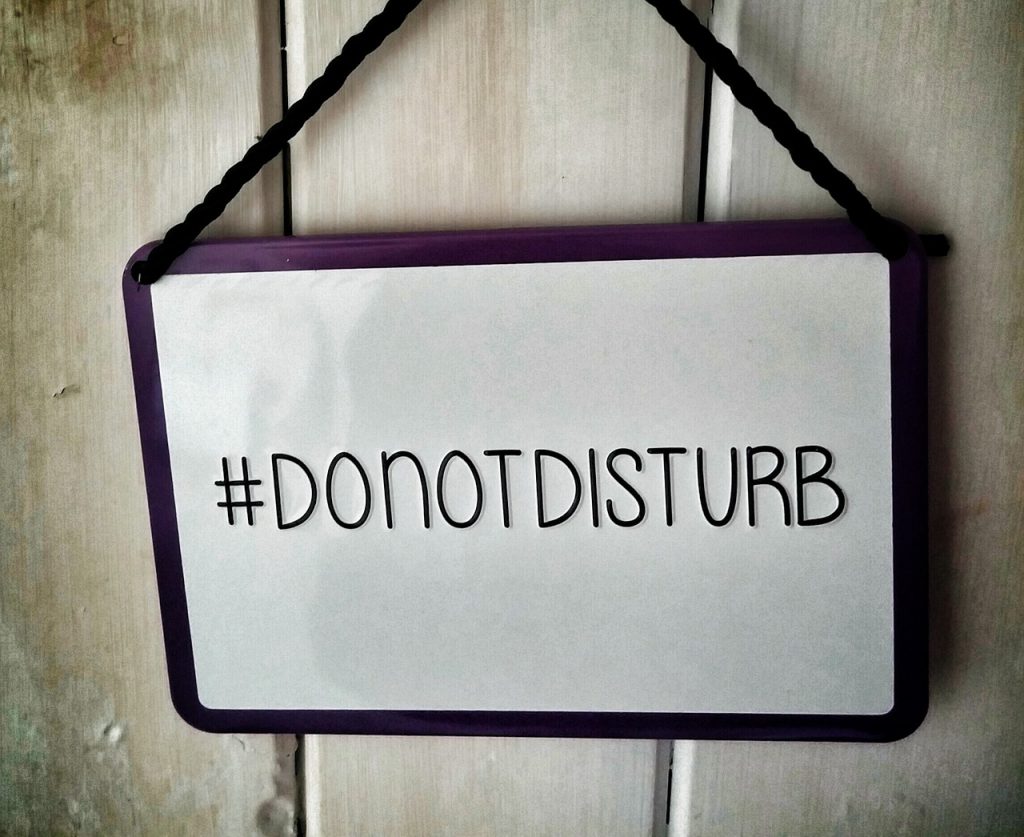Every day a thousand and one things are clambering for your attention. Social media updates, apps from a friend, family, and coworkers, breaking news notifications or urgent emails. It’s so easy to get distracted. According to a study it takes our mind about 25 minutes to get back to the level of focus we had before getting distracted. Imagine the negative impact on your productivity. Let’s change this.
Read them through in one go; it will only take a few minutes. Don’t get distracted now.
It takes our mind about 25 minutes to get back to the level of focus we had before getting distracted
Organize your day

Plan your to do’s. Source: Pixabay
Some of us get most of our stuff done in the early morning hours when it’s quiet, and there are fewer distractions. Still, others have their productivity spurt in the afternoon or later in the evening. Plan the most important to-do’s in the hours when you know your creativity and concentration are at their peak. It will give you a head start with the rest of our steps.
Multitasking is switch-tasking

Multitasking. Source: Pixabay
Stop writing that quick email or checking your WhatsApp, while you’re in a meeting. Let’s start by saying that it’s not very professional towards the other participants. If you feel the meeting is not important enough to give it your full attention, then you shouldn’t attend it. Furthermore, we think we can do 2 things at once, but that’s just not the case.
Neuroscience shows that our mind isn’t set-up for multitasking. Multitasking should be called switch-tasking. When you check that email while listening to a presentation, your brain actually switches between tasks, instead of doing them at the same time. It’s a stop-start process, which instead of gaining time, makes you:
- Lose time
- Become less efficient
- Commit more mistakes
- Lose your flow
You control technology, not the other way around

Give up your smartphone? Source: Pixabay
Sometimes we feel like we can’t live without our smartphone, while up until a few years ago we all did. We’re not saying to give up your smartphone since it brings many benefits. The problem is not the smartphone; the problem is us.
You’re in the middle of writing a proposal, and then you hear the ping go off from an app or the notification sound of a ‘breaking news’ item. You want to check it. Your mind starts to wander, and you end up distracted. Take these steps right now to prevent this type of intrusion from happening:
- Turn off all notifications on your phone
- Put your phone on silent or ‘do not disturb’ mode
- Put your phone out of sight, like in a bag or drawer
Keeping your focus will become much easier.
Do not disturb

Please, do not disturb… Source: Pixabay
Open offices are great for interactions, for the flow of ideas and breaking barriers down between departments. On the other hand, if you’re in the middle of writing new and complicated code for a program, it can be frustrating when a colleague suddenly starts talking to you. There are 3 simple ways to deal with this:
- Put up a do-not-disturb sign
- Agree with your colleagues that when the headphones are on, conversations are out.
- The office has quiet spaces to work. If you don’t have them yet, start setting them up. They’re essential in an open office.
Close those tabs

How many tabs and browser windows do you have open right now? We dare say it’s a few. When you want to concentrate on a particular project, close as many tabs. Only leave the tabs open, that are necessary for you to perform the job at hand. Otherwise, it’s too easy for you to see that email come in and to check it quickly.
TIP: How to Close Tabs
Train your concentration muscle
Now that you’re shutting off many of the distractions, start setting minimum time periods for yourself to work on a project without doing anything else. Begin with 20 minutes and then build this up and end up working uninterrupted for an hour or even longer. It’s incredible how much more you’ll get done, while at the same time feeling better about yourself and more energetic.
The biggest distraction
With all of the technology and colleagues now shut out, you’ll discover the most challenging of all distractions: your thoughts. Random thoughts start popping up like ‘I need to write that email,’ ‘I need to call that supplier back,’ ‘I can’t forget buying milk tonight,’ ‘Will we have sunny weather this weekend?’. And on and on it goes.
Also, meditation is an ideal way to learn to observe thoughts, without getting swept away or overwhelmed by them. Start with meditating daily -it only has to be 5 or 10 minutes – and learn to become more in control of your thoughts.
Don’t get carried away

Source: Zipboard
You don’t have to eliminate all distractions. That would be impossible. Sometimes procrastinating one task by doing something else can lead to new insights. A bit of web browsing or reading the news can provide you with interesting information which will help you perform better. You’re reading this helpful article right now, aren’t you?
The same way you can plan time to focus, carve out moments in which you’re allowed to be distracted. After an hour of real concentrated working, this can be a reward and will help your mind unwind.
We mentor managers and CEOs across the globe in becoming more effective leaders. Don’t get distracted and contact us to find out what we can do for you and your business.

